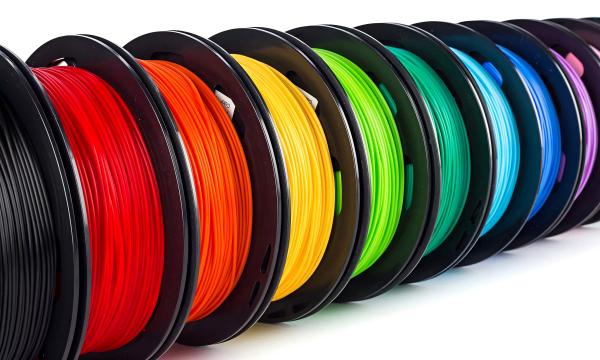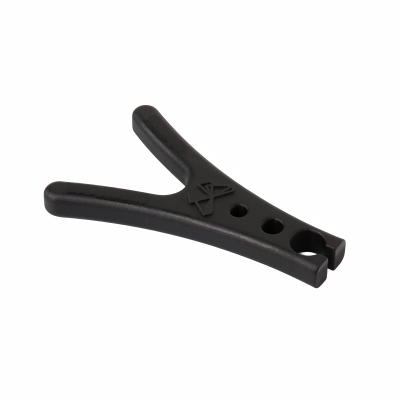Compare 3D Printing Materials
Explore and compare 3D printing materials to find the best fit for your project. From durable plastics to flexible resins, our guide highlights key properties like strength, flexibility, and surface finish, helping you choose the right material for prototyping, production, or custom parts.
PETG
Process: FDM
Durability, Strength
PETG (Polyethylene Terephthalate Glycol) is a 3D printing material that combines strength and toughness, offering the advantages of PLA’s ease of printing and ABS’s durability. It has excellent impact resistance and chemical stability, along with good transparency and a smooth surface finish. PETG has high-temperature resistance, making it ideal for producing functional parts, mechanical components, and durable prototypes. During printing, it experiences minimal shrinkage and warping, making it a reliable choice for home, education, and industrial applications.
Antistatic resin
Process: LCD
Antistatic Properties
3D printing antistatic resin materials are typically achieved by incorporating conductive fillers or ion-type additives into the resin, effectively reducing the material’s surface resistivity. These materials are specifically designed for applications in electronic devices, precision instruments, and other areas where static interference must be prevented. The material effectively suppresses static accumulation, ensuring that printed parts remain free from charge interference during use, while maintaining excellent mechanical properties and precise printing details. Whether for manufacturing sensitive components or performing high-precision assemblies, antistatic resin is the ideal choice.



